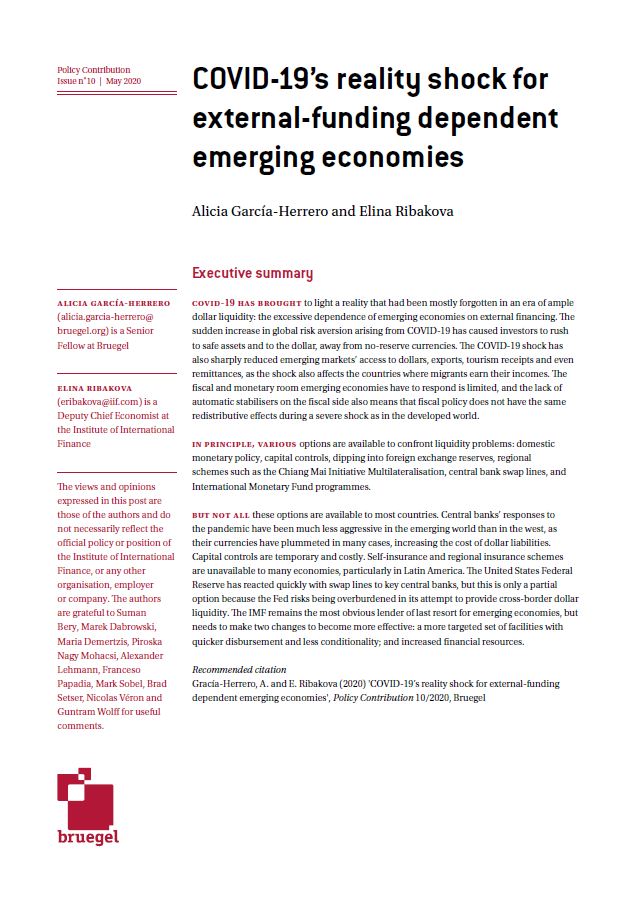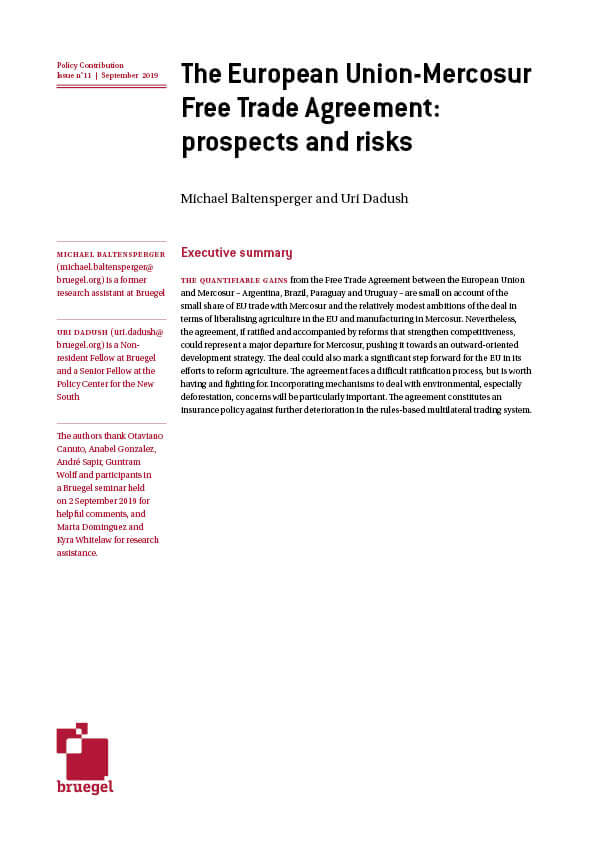Opinion

Covid-19 and emerging economies: What to expect in the short- and medium-term
This article was originally published in the Observer Research Foundation. As Brazil, Russia, India and Mexico record the fast spread of the Covid-19 contagion, a third wave of the pandemic is reaching the emerging world. As a result, business sentiment has decreased in March and April in the region. What’s more, as emerging economies gradually […]





